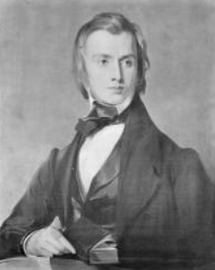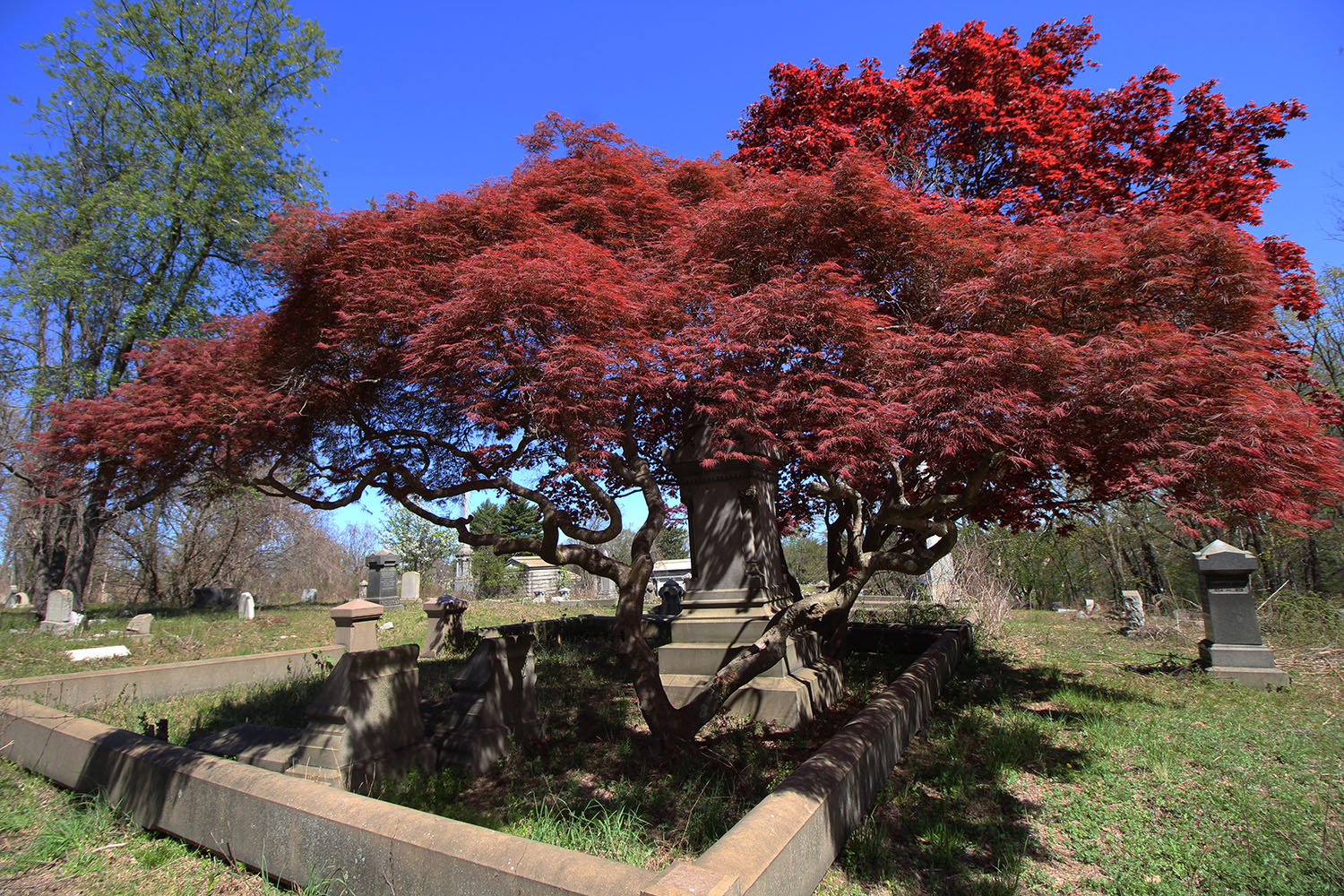Title: Pastor, U.S. House and Senate chaplain, writer, editor
Birthdate: June 4, 1808
Death Date: October 9, 1868
Plot Location: Section 7, Lot 58

The talents of the father as well as his ethics and beliefs are often deeply ingrained in his offspring. That was the case as Thomas grew up with five younger siblings in Mt. Holly, New Jersey. His father was editor and publisher of The Wesleyan Repository and author of numerous articles on church government, social reform, and his opposition to slavery.
Thomas was raised in a refined Methodist home, attending the best private schools. Although physically frail, intellectually he was strong and scholarly. At age 18, he lost his mother which was a turning point in his life. He joined St. George’s Methodist Episcopal Church in Philadelphia as a young man in search of his own path.
He tried a variety of jobs, including setting type in a printer’s office until his physical infirmity forced him to give it up. He began studying medicine at the recently opened Jefferson Medical College, but soon abandoned that as well. Where he succeeded was in his marriage, joining with Anna Roe McCurdy in 1828. They had 11 children together.
In May of 1829 Thomas preached his first sermon in rural Philadelphia. It was about this same time that the Methodist Protestant Church was being organized. There were disagreements with the Methodist Episcopal Church regarding church governance, the power of the clergy, and the exclusion of laymen in church councils. Since his father became an active member, Thomas also identified with the movement.
He became a “circuit-riding” preacher on Maryland’s Eastern Shore, emphasizing the authority of the Bible as God’s Word. He answered a call to pastor two Methodist churches in Baltimore, then moved to Georgetown in the District of Columbia. While there, he was elected chaplain of the U.S. House of Representatives in 1833 and 1835. He returned to Philadelphia in 1838 to organize the First Methodist Protestant Church.
Thomas remained there until moving to Ohio in 1847. His reputation caused him to be elected to be president of Miami University but he declined. After moving back to Maryland in 1850, he settled once again in Philadelphia in 1856, where he pastored another church for his remaining 12 years.
In addition to being considered one of the most eloquent preachers of the 19th century, Thomas was also a prolific writer, a poet, and served as editor of Christian World, a magazine for all church denominations. He was anti-slavery, anti-sectarian, and a proponent of social reform, just like his father.
He served again as chaplain in the House in 1859 and 1861, then as Chaplain of the U.S. Senate in 1862. The chaplain’s duties included opening proceedings with a prayer, counseling, scheduling guest chaplains and being available to perform marriages and funeral services for members and staff.
It was while serving in this capacity that Thomas was chosen to give the opening prayer at the dedication of the Soldier’s National Cemetery in Gettysburg on November 19, 1863. As part of the proceedings, he shared the stage with President Abraham Lincoln and listened firsthand to the famous Gettysburg Address.
As his health deteriorated, Thomas continued to preach, often from a seated position in the pulpit. His waning physical strength did not affect his ability to reach his congregants with his passion and his words. It was said that he loved to be called “brother,” forsaking all other titles and honors. At some point he may have also received an honorary doctorate.
His favorite title, however, was “husband,” fulfilling that role for 37 years until Anna’s death and burial here in 1865. Three years later Thomas lost his battle with tuberculosis, surrounded by his children. His funeral was held in the church he originally established in 1838 at 11th and Wood Streets, with interment beside his wife.
In a tribute by his friend and fellow pastor, Alexander Clark, Brother Stockton was remembered as “a burning and a shining light.” Clark also relayed that Henry Clay referred to him as the most eloquent man in America and that President Lincoln said he had never heard such an utterance from mortal lips as the prayer Thomas prayed at the dedication of the soldiers’ cemetery at Gettysburg.
“The frail earthly tabernacle of Thomas H. Stockton rests beneath the falling willow-leaves in Mount Moriah. There the chill-damps of death gather over his brow. There his mortal body shall dissolve to its native dust.” – from “The Life, Character, and Work of Rev. Thomas H. Stockton”, Alexander Clark, Pastor, 1868

Support the Friends of Mount Moriah
Help us in our mission to restore and maintain the beautiful Mount Moriah Cemetery by donating to our cause or volunteering at one of our clean-up events.

